Assisted living facilities are residential care homes that provide meals, personal care and help with activities of daily living for older people and disabled adults who are unable to live alone. Typical supportive services offered in ALFs include help with taking medications, preparing meals and arranging doctor appointments. ALFs are not supposed to admit and/or keep residents whose needs exceed the care they can provide.
Residency and licensing requirements may differ by state for ALFs. For example, in Florida, there are extended congregate care (ECC) licenses, limited nursing services (LNS) licenses, and limited mental health licenses (LMH). ALFs with an EEC license can admit residents with greater needs than an ALF with a standard license can. In almost all cases, residents living in ALFs cannot have conditions that require 24-hour supervision.
You can learn more about ALFs by visiting Medicare.gov, or your state agency that oversees such facilities (most often the Department of Health or Department of Elder Affairs).
The U.S. Department of Health and Human Services Administration on Aging defines elder abuse and neglect as:
- Physical abuse
- Neglect
- Emotional abuse
- Abandonment
- Sexual abuse
- Exploitation
- Self-neglect
Signs of abuse and neglect can include:
- Unexplained bruises and abrasions
- Broken bones
- Poor hygiene
- Weight loss or gain
- Bedsores
- Unexplained changes in personality, such as withdrawal, depression, or agitation
Abuse, neglect, serious injury and wrongful death can happen in Assisted Living Facilities. If your loved one has suffered in an ALF, you need a law firm with the know-how to handle such lawsuits. You can learn more about Wilkes & Associates’ experience with ALFs by visiting the Experience page. Our attorneys are here to help explain the legal process.

